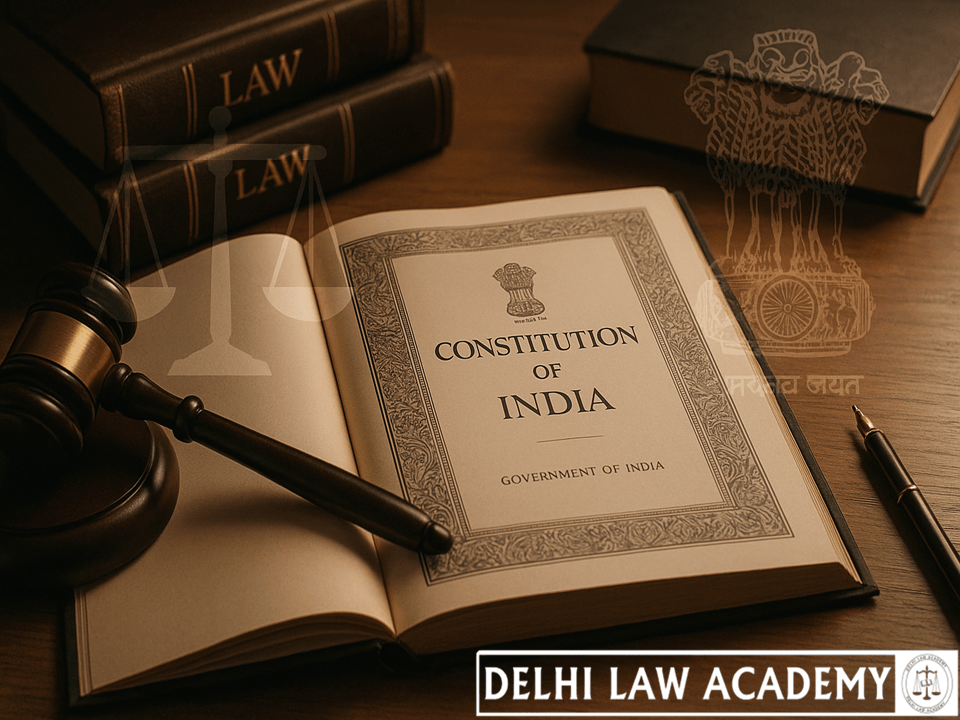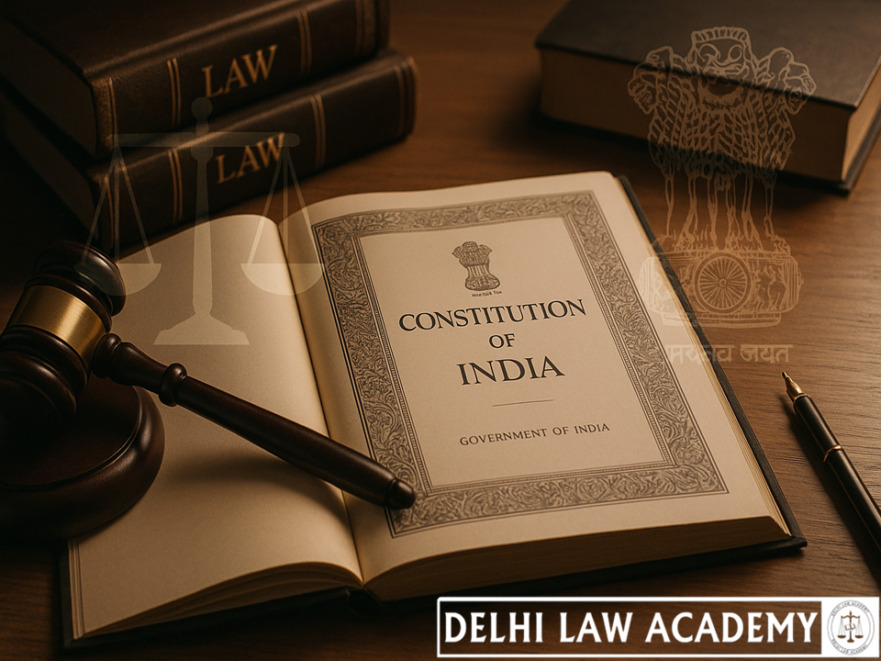
📌 Key Topics of This Blog
- Right to Freedom of Religion (Article 25)
- Sabarimala Temple Entry Judgment [2018 SC]: Indian Young Lawyers Association v. State of Kerala
- Freedom to Manage Religious Affairs: Sri Venkatramana Devaru v. State of Mysore [1958 SC]
- Protection of Interests of Minorities (Articles 29–30)
- Minority Educational Institutions
🕉️ RIGHT TO FREEDOM OF RELIGION
Article 25(1)
• Subject to
- public order, morality and health
- other provisions of Part III
• All persons
- are equally entitled to freedom of conscience
- shall have right to freely profess, practise and propagate religion
Social Reforms – Article 25(2)
• State may make law
- regulating economic or other secular activity associated with religious practice
- providing for social welfare and reform
- throwing open Hindu religious institutions of public character to all sections of Hindus
Explanations:
- Wearing and carrying of kirpans is part of profession of Sikh religion
- Word ‘Hindus’ includes persons professing Sikh, Jain or Buddhist religion
Explanatory Notes from DLA on Articles 25
📜 The Sabarimala Temple Entry Judgment: [2018 SC]
Indian Young Lawyers Association v. State of Kerala
- The Travancore Devaswom Board is “other authority” within the meaning of Article 12: fundamental rights under Article 25(1) are enforceable against the Board.
- Freedom of conscience and right to freely profess, practise and propagate religion under Article 25(1) is available to every person including women.
- Devotees of Lord Ayyappa are exclusively Hindus and do not constitute a separate religious denomination.
- The exclusionary practice backed by subordinate legislation in Rule 3(b) under the 1965 Act is neither essential nor integral to Hindu religion.
- The exclusionary practice violates the right of Hindu women to freely practise their religion. This denial denudes them of their right to worship.
- Rule 3(b) is ultra vires both Section 3 and Section 4 of the 1965 Act.
Freedom to Manage Religious Affairs – Article 26
• Subject to public order, morality and health
• Every religious denomination shall have right:
- to establish and maintain religious and charitable institutions
- to manage its own affairs in matters of religion
- to own and acquire property
- to administer such property as per law
Explanatory Notes from DLA on Articles 26
Sri Venkatramana Devaru v. State of Mysore [1958 SC]
- The right of a denomination to wholly exclude members of the public from worshipping in the temple must yield to the overriding right declared by Art. 25(2)(b) in favour of the public.
Harmonious Construction
- If exclusion from religious services is limited to denomination members, Art. 25(2)(b) can coexist with Art. 26(b).
- Where public retains a substantial right of worship, Art. 26(b) can be given effect without violating Art. 25(2)(b).
📚 RELIGIOUS INSTRUCTIONS IN EDUCATIONAL INSTITUTIONS
Article 28
• No religious instruction shall be provided
- in an educational institution
- wholly maintained out of State funds
• No person attending an educational institution
- recognized by State or receiving aid from State
• shall be required
- to take part in any religious instruction or
- to attend any religious worship in such institution
- without his or guardian’s consent
🎓 CULTURAL AND EDUCATIONAL RIGHTS
Protection of Interests of Minorities – Article 29(1)
• Any section of citizens residing in India
- having a distinct language, script or culture
• shall have the right
- to conserve the same
Scope of Article 29(1)
Ahmedabad St. Xavier’s College Society [1974 SC]
- Although word ‘minorities’ appears in marginal note, it does not occur in text.
- Although commonly Article 29(1) is assumed to relate to minorities, its scope is not so confined and is available to any section of citizens residing in India, which may well include the majority.
Article 29(2)
• No citizen shall be denied admission
- into any educational institution maintained by State or receiving aid from State
- on grounds only of religion, race, caste or language
Minority Educational Institutions – Article 30(1)
• All minorities, whether based on religion or language
- shall have the right to establish and administer educational institutions of their choice
Scope of Article 30(1)
- This right is subject to regulatory power of State
- Right to administer does not include right to maladminister
- Word ‘minority’ is not defined but represents the smaller of two numbers or groups
Landmark cases on Article 30(1):
- T M A Pai Foundation v. State of Karnataka [2002 SC]
- P A Inamdar v. State of Maharashtra [2005 SC]
Article 30(2)
• While granting aid to educational institutions, State shall not discriminate on ground of management being of a minority
📚 Continue Your Constitution of India Preparation
Don’t stop here! Strengthen your knowledge of the Fundamental Rights with our other related blogs:
📘 Stay Ahead with Delhi Law Academy!
Get access to free monthly current affairs, read our insightful blogs,
and explore free study resources prepared by experts at DLA Jaipur. 🚀
❓ FAQs on Articles 28–30
Contact us
📍 Delhi Law Academy – Jaipur Branch
6C, Tower 2, Coaching Hub, Pratap Nagar, Jaipur – 302033
📞 Phone:
+91 9911916552
+91 8447285606
✉️ Email:
contactus@delhilawacademy.com

